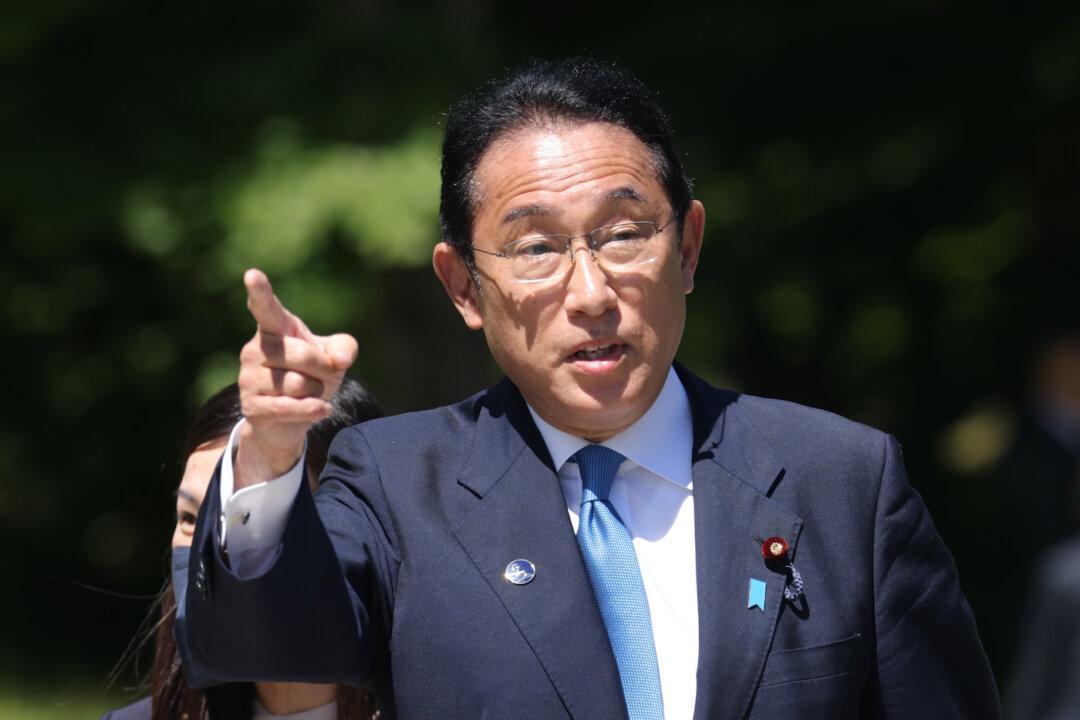Japan and Egypt have agreed to elevate their bilateral relations to the “strategic partnership level” as Japan seeks to increase engagement with African countries in the face of communist China’s growing influence.
Japanese Prime Minister Fumio Kishida visited Egypt as part of a four-nation tour of Africa on April 30, where he met with Egyptian President Abdel-Fattah El-Sisi for bilateral talks, his office stated.





